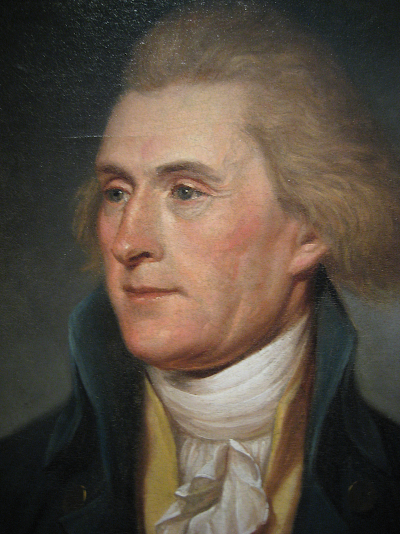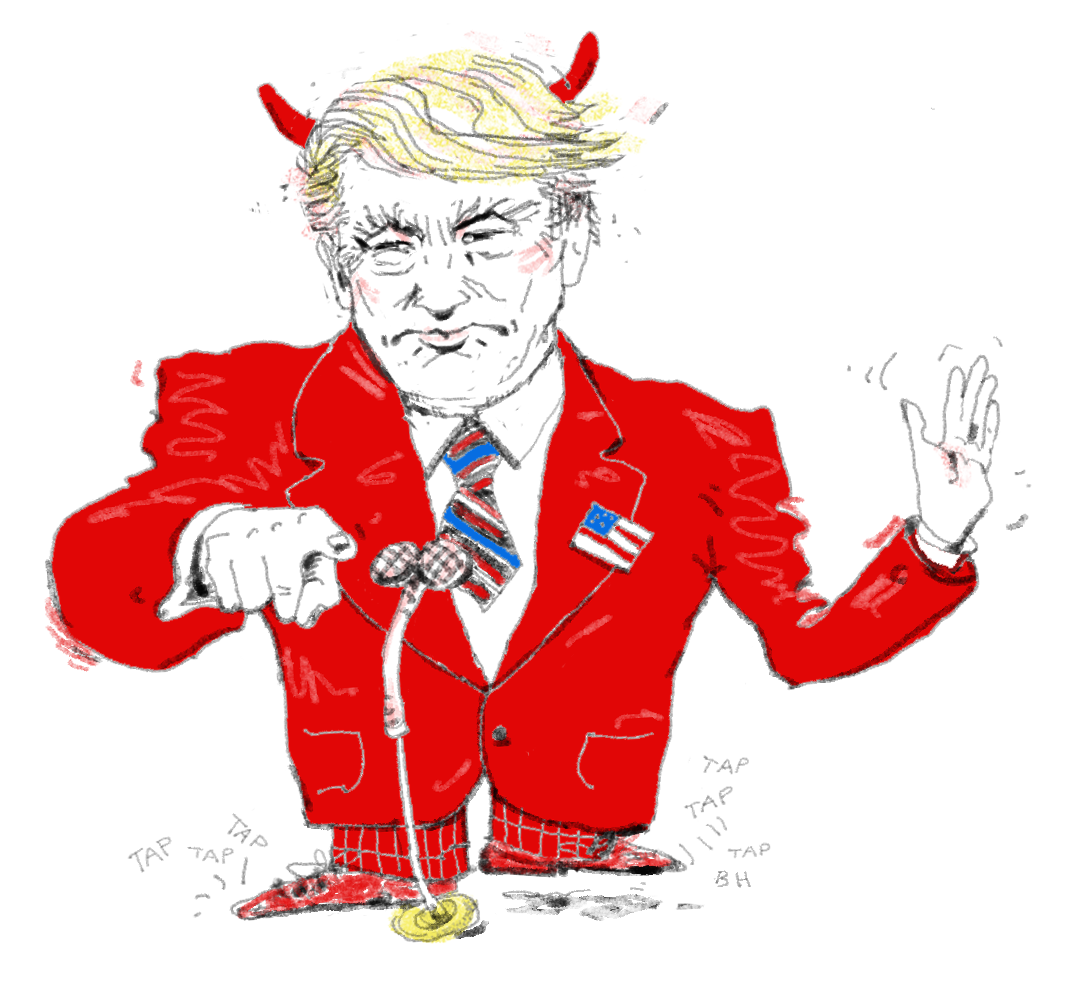
INTRODUCING KIRKPATRICK SALE . . .
I should confess my bias: Kirkpatrick Sale is one of my favorite people on the planet. A roaring intellectual with a penchant for radical ideas, he has written 12 books on social issues that range from the value of small-is-beautiful, human-scale bioregionalism to a systemic analysis of mass technologies as revealed through the history of the original Luddites of 19th century England. These include: Human Scale, Dwellers in the Land, Rebels against the Future, and After Eden: The Evolution of Human Domination.
Round about 2004, just as the latest onslaught of technologies took hold and the potential of an incipient neo-Luddite movement was waning, Kirk switched his focus to secession. Together with folks from the active secessionist Second Vermont Republic, he founded the Middlebury Institute to research the possibilities for success by the 25+ secessionist movements within the United States and to bring those groups together. Kirk likes to point out that although the notion of down-sizing is debunked, in fact the world´s nations have been wholly reorganized since 1945: the United Nations boasted 51 member states at its start; today, after the decolonization efforts that picked up steam after WWII, it has 193.
After spending years of his life in the Hudson Valley Bioregion of New York State, Kirk moved with his wife Shirley Branchini to her neck of the woods, South Carolina/The Lowcountry Bioregion. He is content there and writes often for the local newspapers, from which this essay was gleaned.

Thomas Jefferson by Charles Willson Peale, 1791, oil on canvas. Independence National Historical Park Collection, Philadelphia, Pennsylvania.
MT. PLEASANT, SOUTH CAROLINA — The mystery all along this last year, befuddling pundit and pol alike, is why there is so much support for Donald Trump in his odd-ball campaign for the presidency?
It is not simply that he is an accomplished entertainer, though he is that, nor that he is a forthright kind of guy in a world of two-faced double-talking politicians, though he is certainly that. It is not just that he is, as the current cliché has it, an 'outsider,' somebody apart from the party establishment, because so is Ben Carson, and he is not having an impact anything like Trump’s.
It is something more, something to do with his having captured the mood and touched the chord of a great number of people in the country at a time when nobody else is even close. Many of them are simply fed up with Obama’s perceived weakness and failure to solve any of the deep problems of our time — despite amassing power around him with unprecedented vigor — and many simply feel that the Democrat turn to the left for the past seven years has gone too far and that the government has grown too big and intrusive.
It was deeply distrustful of centralized power and the danger of creating another kingship, and it sought to counterbalance that by creating power at lower levels . . .
But it is more than that, I think. I believe that there is at any time in this country a deep and abiding tension between what I will call the Lincolnian vision of America and the Jeffersonian vision — and Trump has tapped into the latter strain.
The Jeffersonian vision was the one with which the country began and was in the hearts and minds of most of the Founding Fathers. It was deeply distrustful of centralized power and the danger of creating another kingship, and it sought to counterbalance that by creating power at lower levels, particularly the states, which as Jefferson saw it were 'sovereign and independent.' Jeffersonians saw to it that Washington’s powers would be prescribed and proscribed so that political and economic life would remain closer to the human scale — exactly as called for in the Tenth Amendment.
This vision was the one that principally guided the country for 72 years until the Republican party took office in 1861 and began the imposition of the Lincolnian vision, one that required an ugly and costly war to put it into effect. It stood for the consolidation of central power, the use of that power to the ends of the industrial and financial interests of the North, and the submission of the states to the increasing reach of Washington, particularly over 'internal improvements,' especially transportation infrastructure, but also over the instruments of war and the means of welfare.

Donald Trump — by Brad Harley.
And it is true that the Lincolnian vision triumphed then and has been ascendant for most of the time since — hence the increasing powers of Grover Cleveland, Teddy Roosevelt, Woodrow Wilson, and especially FDR and Johnson. But in general the expansion of the state in peace and war regardless of which party was in power — even Ronald Reagan could not shrink government. The country has paid a heavy price in lives and debts, but it has established a powerful welfare-warfare state that has now entrapped half the population to Federal handouts and created a world-wide empire guarded by 750 overseas bases.
But throughout that entire period the Jeffersonian vision has still persisted in the American mind, like a memory of childhood, and from time to time it arises in the body politic. It arose at the end of the 19th century in the Populist movement, an alliance of economically battered farmers and small-town that formed the People’s Party in 1891 and for a dozen years railed against the political elites, Eastern bankers, corruption in high places, and the favoritism of the railroads. It is no surprise that 'populism' is the word often used to describe Trump, similarly attracting people from all across the political spectrum with a grievance against the Washington elites and a stagnant economy that hasn’t increased middle-class prosperity for a generation.
It worked at 'rousing the masses from their slumber and exposing the arrogant elites that are ruling them, controlling them, taxing them, and ripping them off' . . .
It arose again in the 1930s with a conservative movement that opposed the New Deal and the 'Leviathan state' that created it, and worked — as Murray Rothbard, one of them, put it — at 'rousing the masses from their slumber and exposing the arrogant elites that are ruling them, controlling them, taxing them, and ripping them off,' a very Trumpian posture. It also sought to keep America out of foreign wars and adopt a nonintervention policy, thus adding anti-warfare to anti-welfare in its vision of limited government.
And that, I believe, is what we see arising today, a widespread movement that opposes big, and corrupt, government, resents the accumulation of power in Washington, is as angry as Trump about costly no-win wars (Trump brags about opposing Iraq), a dwindling middle class decimated by a globalization, the porous borders that let in unassimilable foreigners who swell the welfare rolls, and wants to take back government from the politicians in Washington.
This, though they do not know it, is Jeffersonian, and its strength is that it has deep and honorable American roots.
First published in JWC February 23, 2016.

MORE FROM KIRKPATRICK SALE
Interviews —
Apostle of Catastrophe — Quarterly Review
A Vision of a Nation No Longer in the U.S. — The New York Times
By Arthur Versluis — Journal for the Study of Radicalism
Talks —

KIRKPATRICK SALE is the author of historical and political scholarship including Power Shift: The Rise of the Southern Rim, Rebels Against the Future: The Luddites and Their War on the Industrial Revolution — Lessons for the Computer Age, The Fire of his Genius: Robert Fulton and the American Dream, and nine other books. He grew up in Ithaca, New York and now lives in Mt. Pleasant, South Carolina.
This article was initially published in the Charleston Post and Courier.

Add new comment